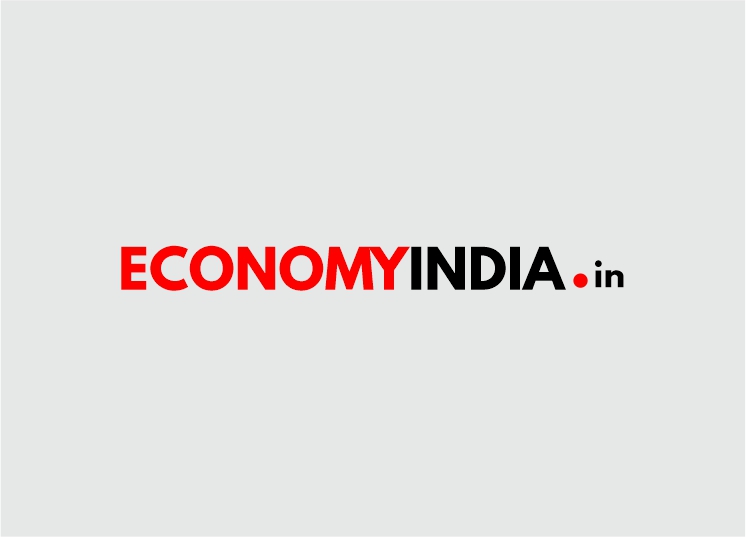According to a report, India’s strength in the external sector may be shaking as imports sure amidst capital outflows on account of tightening of policy rates by the US Fed. India’s $600 billion strong forex reserves are adequate to finance 12 months’ imports as of March 2022, down 30 percent in a year since March 2021
As on March 31, 2022, India’s foreign exchange reserves at $ 607.3 billion is equivalent to 12 months of merchandise imports in 2021-22 or 98.8 percent of outstanding external debt at end-December 2021, according to the latest RBI data.
Exactly a year ago in March 2021 reserves were adequate to fund 17.4 months’ imports.
Significantly, capital flows through various channels slowed or reversed during the year. Net FDI flows fell to $ 11.0 billion during October-January 2022 from $ 18.9 billion a year ago on the back of higher outward FDI flows and repatriations by FDI companies.
Foreign portfolio investors, net buyers in Q2’2021-22, turned net sellers from Q3 in view of the resurgence of COVID-19 infections, concerns over the pace of US Fed’s monetary policy normalisation, correction in the equity market and geopolitical tensions. While ECB flows were flat, NRI deposits moderated, the report said.
Forex reserves have contracted by 5 percent from the peak of $642 billion in October to $607 billion in March end. At the same time, merchandise imports reached an all-time high of $ 60.3 billion in December 2021 and remained above $ 50 billion for the seventh consecutive month in March 2022, hence cauring import cover of reserves to shrink.
But economists are not alarmed and are convinced about RBI’s ability to manage the reserves.
Even at the current levels import cover is still higher than during the global financial crisis when it had slipped to less than 10 months’ imports. “The RBI has been managing its foreign reserves prudently” said Rahul Bajoria, chief India economist at Barclays Capital. ” As economic activity normalises, while visually it appears that import cover is falling, we still see it being quite high and comfortable” (The Economic Times)













